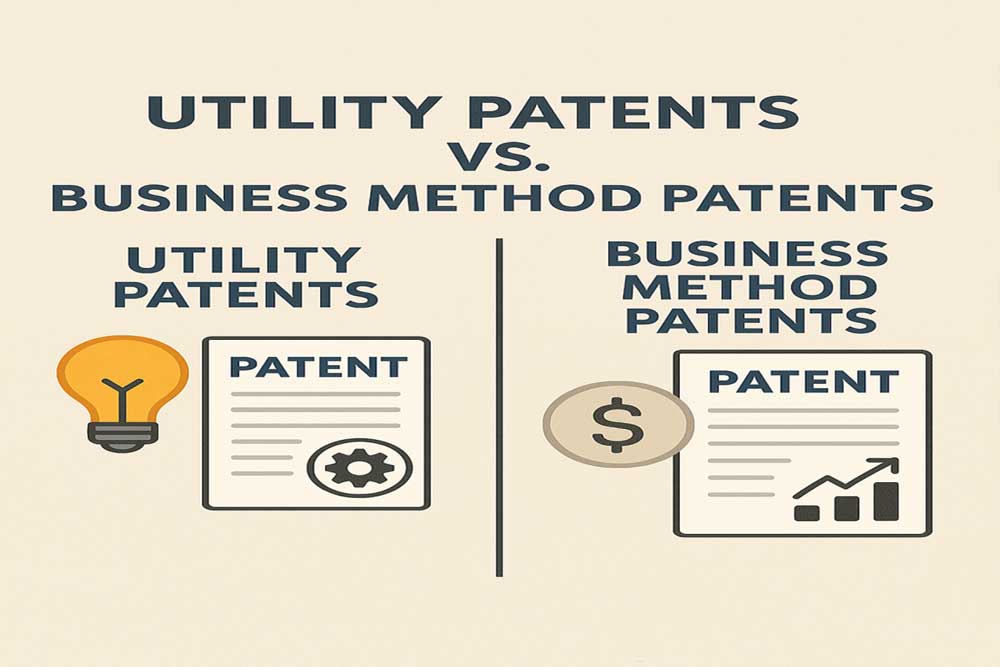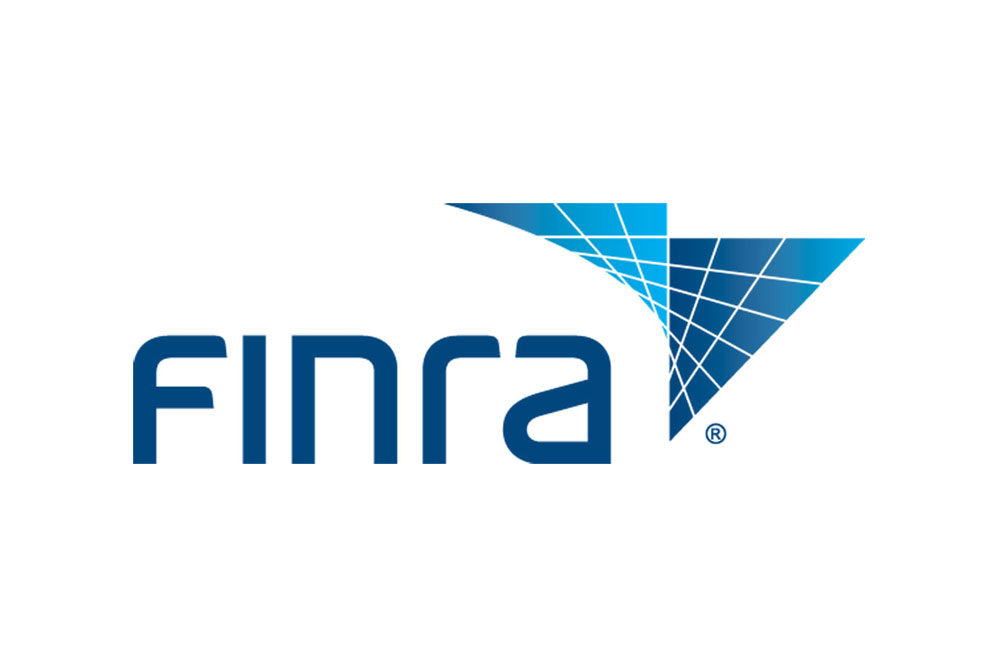Intellectual Property Direct Securitization:
A New Paradigm in IP Finance
Introduction Intellectual Property (IP) Direct Securitization is an innovative financing method that turns intangible IP assets – like patents, copyrights, trademarks, or creative works – directly into tradeable securities. Unlike traditional IP-backed securitization (e.g. Bowie Bonds backed by music royalties), direct securitization does not rely on a company, special-purpose vehicle (SPV), or trust as an … Lire la suite










